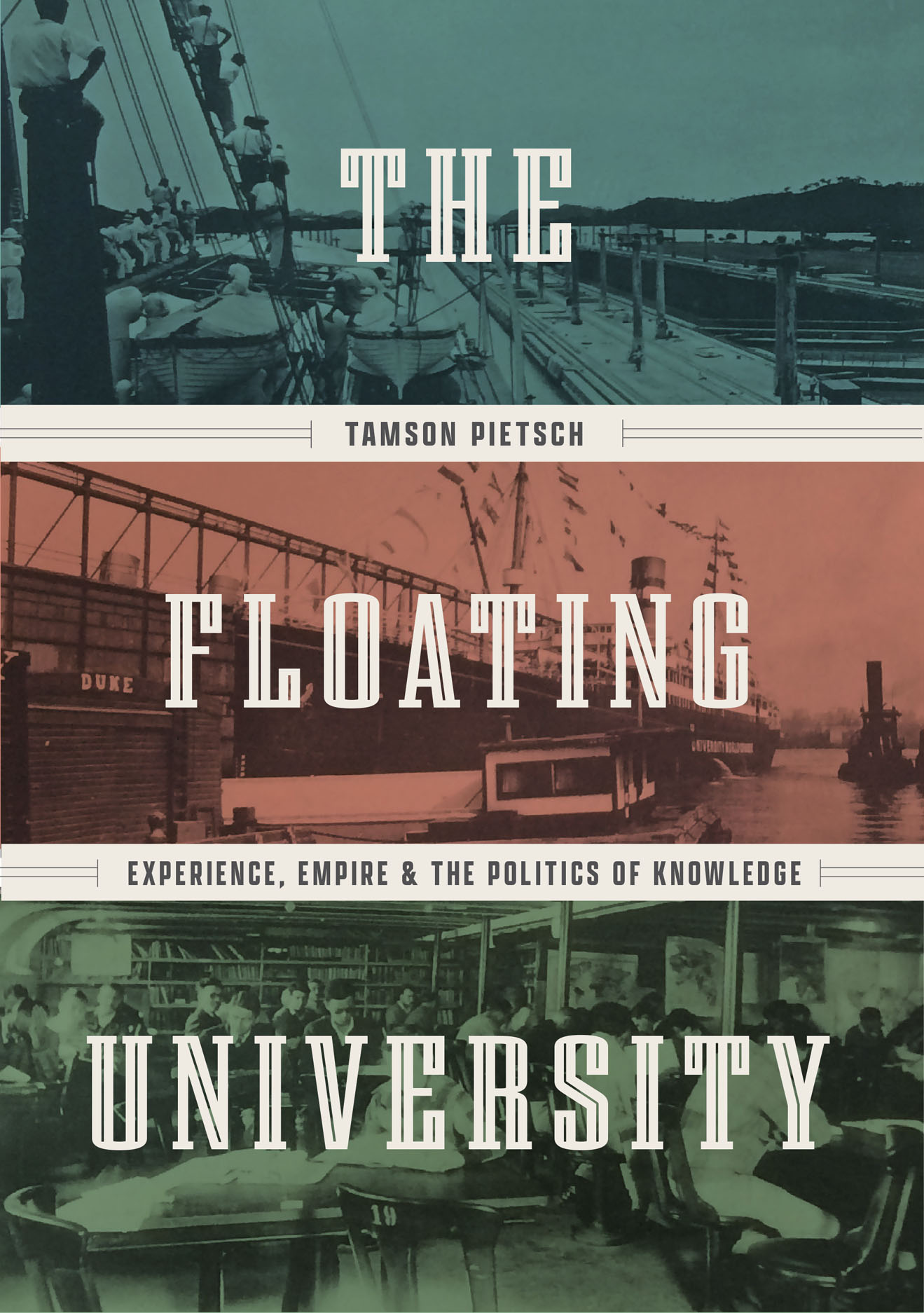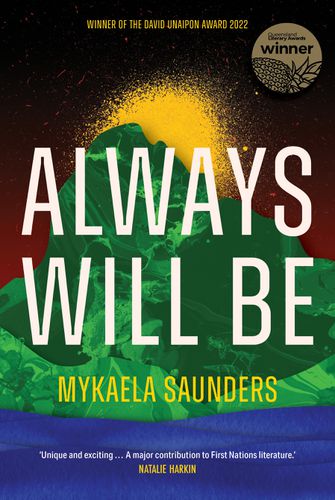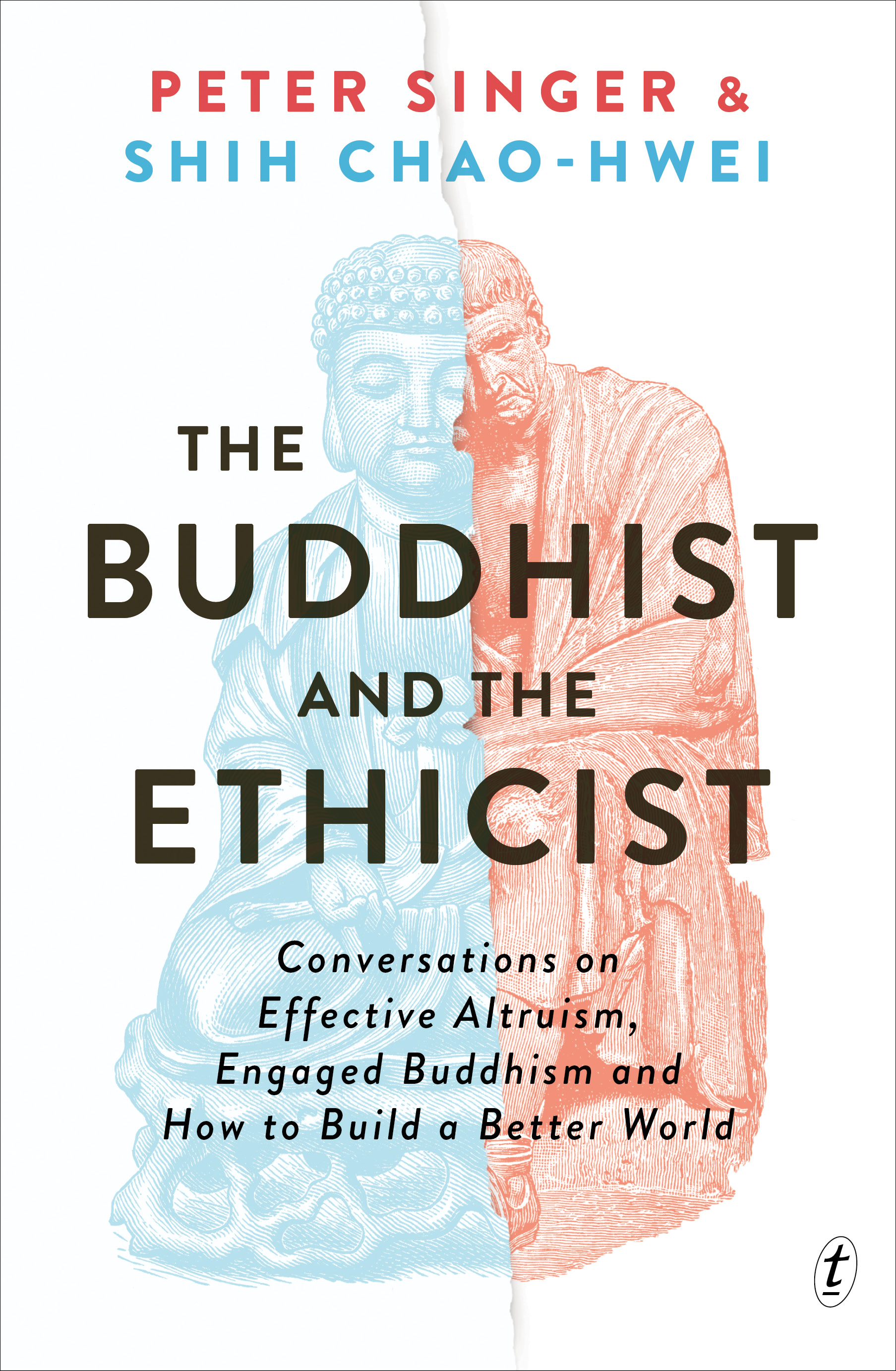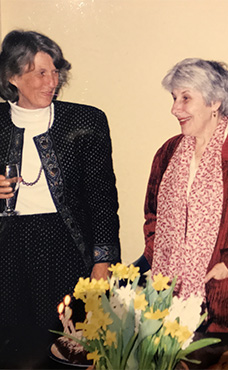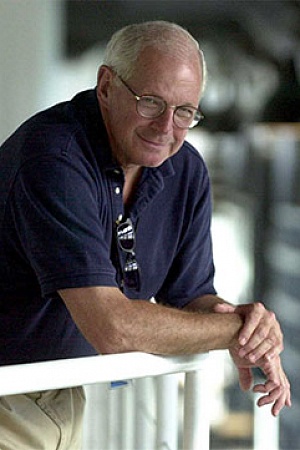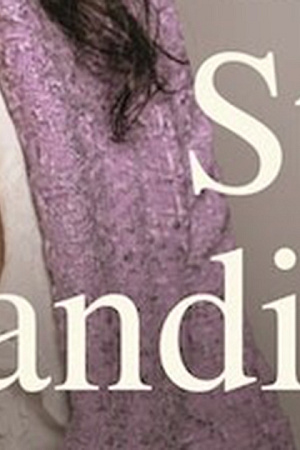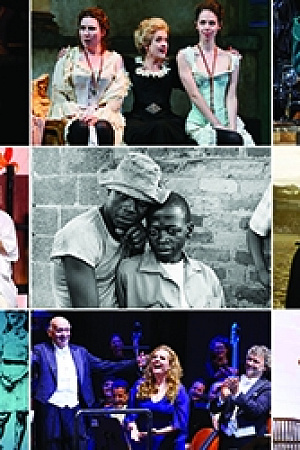Letters to the Editor - November 2017
Marriage equality
Dear Editor,
I voted Yes in the Australian Marriage Law Postal Survey. However, I tend to agree with those who consider that a survey of this nature should not be necessary. On the basis of its international treaty obligations, the federal government already has a constitutionally valid means of legislating for same-sex marriage.
Homosexuality is a perfectly natural phenomenon, just like heterosexuality. There is no such thing in nature as ‘the norm of the heterosexual union’. Both heterosexual and homosexual unions are ‘normal’. As Petter Boeckman, a zoologist at the Norwegian Natural History Museum of the University of Oslo, has pointed out: ‘No species has been found in which homosexual behaviour has not been shown to exist ... a part of the animal kingdom is hermaphroditic, truly bisexual. For them, homosexuality is not an issue.’ Boeckman observes social advantages to the free expression of homosexual behaviour and adds: ‘It has been observed that the homosexual couple are often better at raising the young than heterosexual couples.’ (source: http://pactiss.org/2011/11/17/1500-animal-species-practice-homosexuality/)
Religion historically regards homosexual sex acts as sinful, based essentially on an erroneous understanding of ‘natural law’ (the law of nature). Religious dogma is constantly proven wrong in its interpretation of nature by scientific research.
There is a perfume of déjà vu regarding the current debate on homosexual marriage, e.g., Galileo’s condemnation for heresy when he declared in 1610 that the earth revolves around the sun. Homosexual behaviour has never been noted as a possible cause of the diminution or disappearance of any animal or plant species. There is no objective reason to discriminate against either heterosexual or homosexual behaviour as regards the adoption and raising of children. The role of the State should be limited to the public – not the private – sphere, as per Article 8 of the European Convention on Human Rights.
Rodney Crisp (online comment)
Galilee Basin
Dear Editor,
Immense gratitude, Susan Reid, for your beautifully worded commentary on the Galilee Basin and its proposed devastation (ABR, 10/17), so inexplicably backed by both the Australian and the Queensland governments.
Pat Grainger (online comment)
Maria Callas
Dear Editor,
Just a slight correction to Barney Zwartz’s review of the Maria Callas Live Remastered Edition (ABR Arts). The Lisbon La Traviata took place in 1958, not 1959. This was also the year she sang the role at Covent Garden, a recording of which also exists. However good the Lisbon performance, I can’t help wishing Warner had chosen the latter, as it is one of Callas’s most profoundly moving performances, and the sound is not bad. I have a few question marks about some of the other choices, too. Like most Callas aficionados, I prefer the 1955 La Scala Norma to the Covent Garden one, the 1958 Dallas Medea to the 1953 La Scala, and the 1957 Cologne Sonnambula to the 1955 La Scala one (also in much better sound). I wonder, too, why they went for the Mexico Rigoletto, when the studio set is one of the classics of the gramophone, and this Mexico one, both in terms of performance and sound, a bit of a mess. Surely La Scala’s 1957 Un Ballo in Maschera would have been a better choice.
Still, it’s good to have these performances more readily available, though casual buyers should be advised that the sound of some of them (Nabucco, La Vestale, Parsifal, Armida, Alceste, to name a few) can be pretty intransigent, and requires a good deal of forbearance on the part of the listener. You have to listen ‘through’ the sound, as it were, to the performance itself. If you can do that, the rewards are prodigious.
Philip Tsaras (online comment)
Barney Zwartz replies:
Thank you, for those illuminating remarks, and also for the correction about the La Traviata.
I didn’t have the space to talk about the sound quality on individual operas, but I note there has been some debate and criticism about this set in various forums, with some experts saying there are better sources sometimes than the ones Warner used. You list some operas as having poor sound, which is true compared with modern recordings, but I found the Parsifal pretty good. I had it previously on an old Cetra set, which was vastly inferior.
Basically, your advice is excellent: listen through the mud, and you will be richly rewarded.
Dear Editor,
I heard Callas live on three occasions, twice in recital in Festival Hall, London, and, more importantly, on stage at Covent Garden in the legendary Zeffirelli production of Tosca in 1964. On that latter occasion, I was in a stage box with the critic Andrew Porter and his sister Sheila, then working in the PR department at the ROH. Both had heard Callas in all of her appearances on stage there, I asked Porter if he sensed the voice was in serious decline. He had a clear memory of her previous Traviata and said that, apart from the odd hollow head note and the acknowledged wobble when she sang forte, the impact, musical and dramatic, of those earlier performances remained undimmed.
Leo Schofield (Online comment)
